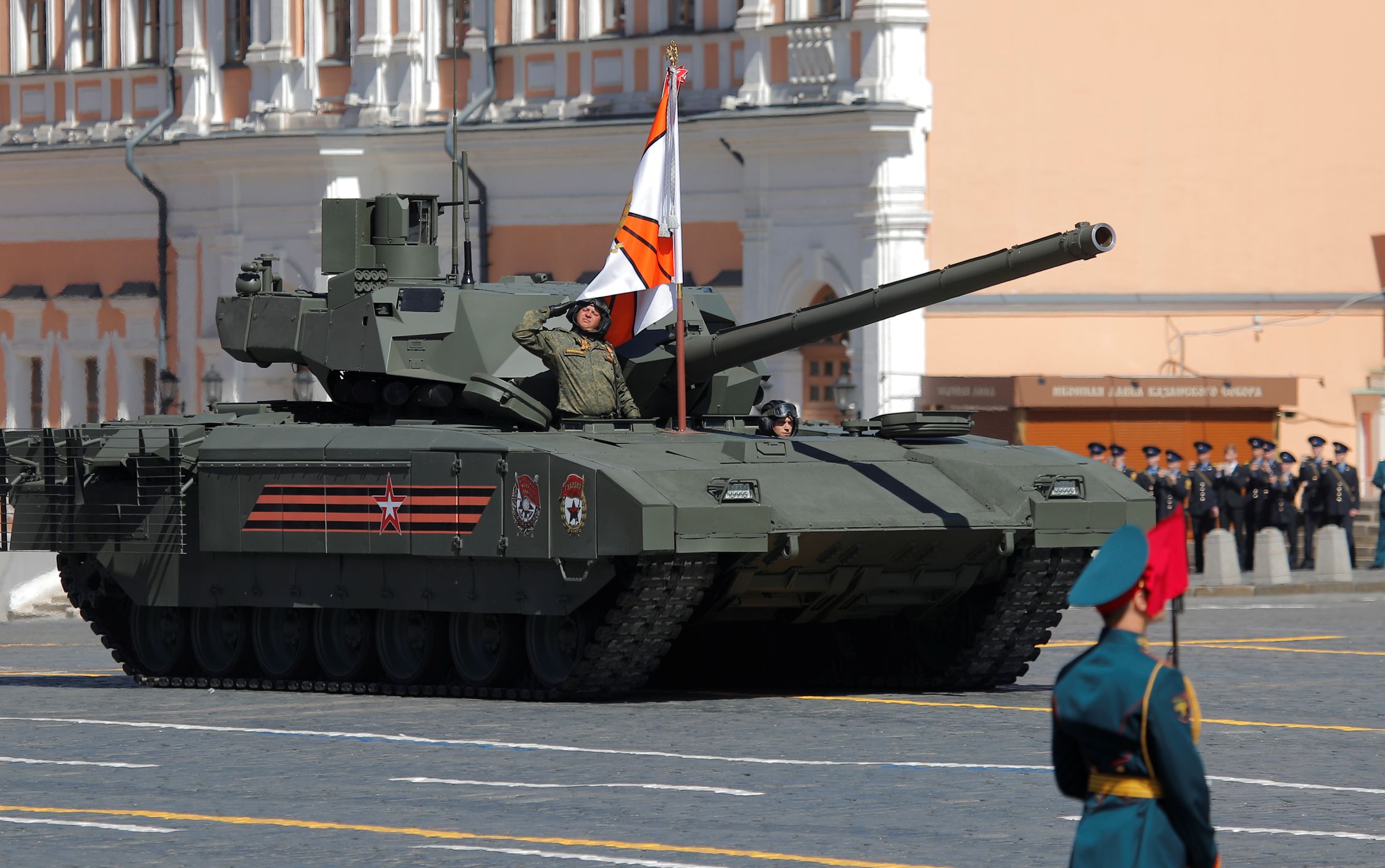


In response, a petition was posted online that called for a monument to the shark for its commitment to fighting against the Russians. She pointed to a story that circulated online last month about a 23-year-old Russian man who was eaten by a shark while swimming off the coast of Egypt. Gritsenko, who spoke to CBC news via Zoom from her apartment in Moscow, says she has become more patriotic in the past year after reading what she calls hateful comments online directed at Russians. "I didn't really agree with what's going on in the beginning," said Maria Gritsenko, a second-year sociology student at the Russian State University for the Humanities. Putin praises Russian troops who 'stopped a civil war' in ceremony after Wagner revolt.What the aborted mutiny in Russia says about Putin's long war strategy in Ukraine Social Sharing.While it isn't a large enough sample size to fully represent public opinion, the research offers a window into the attitudes of average Russian citizens. Instead, they used their own social networks to reach out to former classmates and friends of friends to eventually find enough people with more nuanced views to participate.ĭuring the second round of interviews, they spoke with 88 people, including 40 whom they spoke to earlier, at the start of the war. 'Ordinary Russians'Įrpyleva said it was a challenge to find their respondents because they wanted to speak to "ordinary Russians," and those who initially replied to their advertisements on social media were either vocal opponents of the war or strong supporters of it. You talk to a black screen, and it feels really safe and anonymous," Erpyleva said. (Briar Stewart/CBC)Įrpyleva said the goal was to gauge the attitudes of regular Russians, who were often hesitant to engage with the researchers and frequently turned their video off during the interviews, which lasted between an hour and a half and two hours. Many who were once skeptical of the invasion now want to see Russia win, the researchers found. Svetlana Erpyleva was part of a group of 16 researchers who conducted interviews with Russian citizens in order to hear their opinions about the war and Russian politics.


 0 kommentar(er)
0 kommentar(er)
